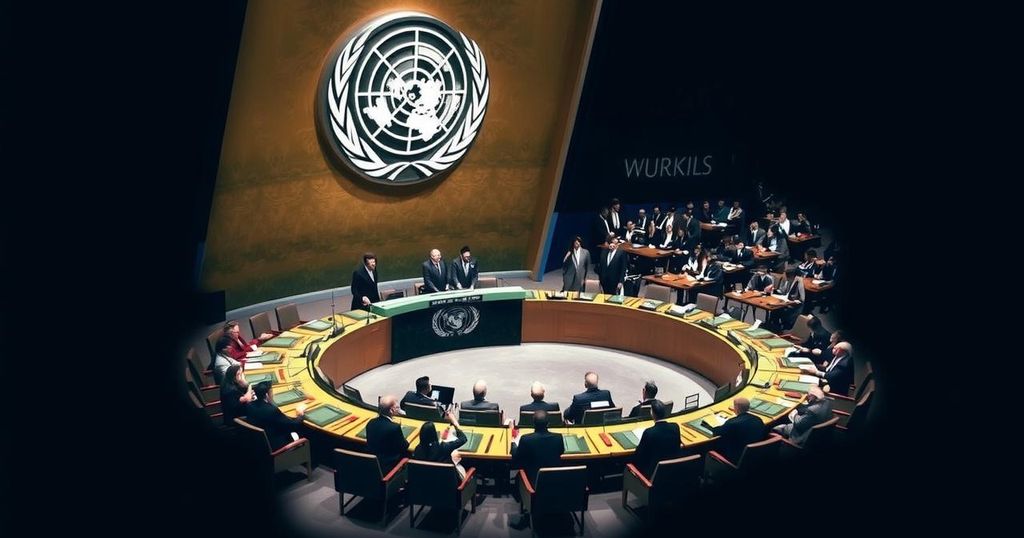At the COP29 climate summit, developing nations rejected a draft deal proposing $250 billion annually from rich countries by 2035. The walkout by key negotiators reflects dissatisfaction with the financing offer, deemed insufficient to address climate change impacts. As discussions continue, the divide between rich and poor nations over financial commitments remains unresolved, putting future climate initiatives at risk.
At the COP29 United Nations Climate Summit in Baku, Azerbaijan, tensions escalated as developing nations rejected a rough draft deal for climate financing. The proposed agreement, which aimed to provide $250 billion annually by 2035 from wealthy nations to poorer states, was met with strong dissatisfaction, particularly from African countries and small island nations. Delegates from these groups walked out of discussions, emphasizing their need for a more substantial and equitable financial commitment to address climate change impacts.
The ongoing negotiations at the COP29 summit have underscored a significant divide between developed and developing nations regarding climate financing. Developing countries are advocating for a substantial increase in financial support, claiming the proposed amount is inadequate compared to the estimated $1.3 trillion needed annually to effectively tackle the consequences of climate change. The situation highlights a broader struggle for equitable climate action and responsibilities across the global community, especially in line with commitments made in previous agreements.
In summation, the COP29 negotiations have faced severe challenges as developing nations contend that the financial offers are insufficient to meet the urgent needs posed by climate change. As talks continue, the gap between expectations and commitments remains stark, raising essential questions about how to balance climate responsibilities equitably among nations. The outcome of these talks is crucial not only for immediate funding but also for building trust and cooperation in future climate initiatives.
Original Source: apnews.com






